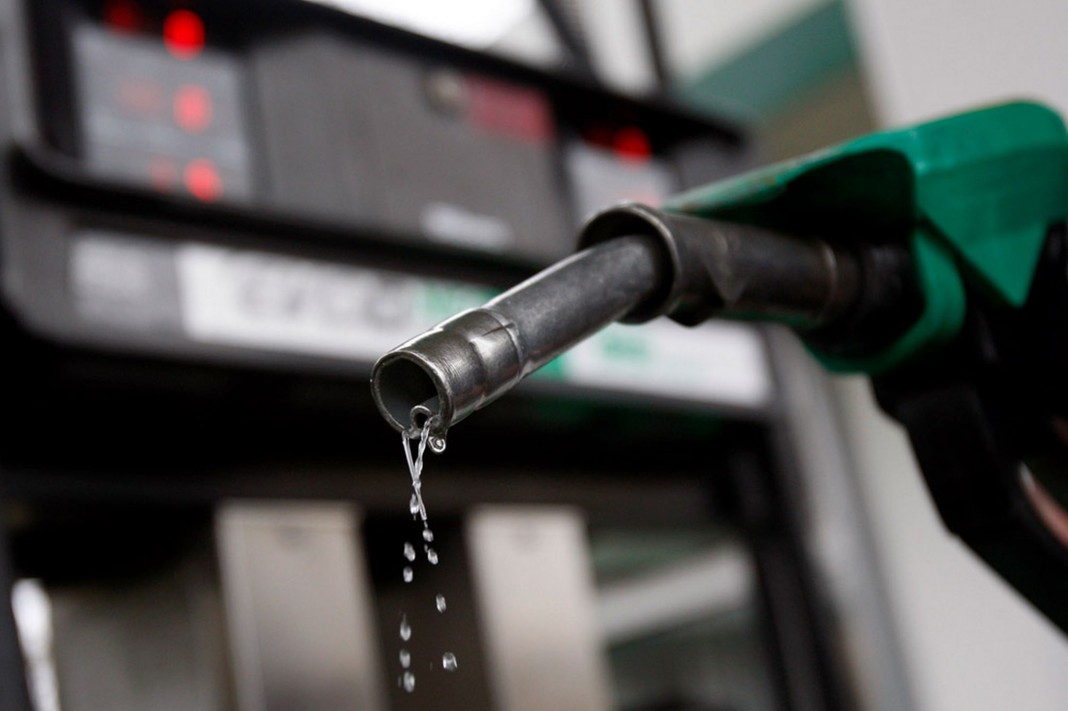Thanks for sharing that. It highlights a complex but familiar frustration many Nigerians face when it comes to fuel pricing — especially when there’s a global drop in crude oil prices, but local pump prices remain high or barely shift.
Here’s a breakdown of the key issues:
The idea behind this arrangement is to supply local refiners like Dangote with crude in exchange for refined products (like petrol), paid in naira. In theory, this should shield Nigeria from dollar volatility and help stabilize or reduce prices.
But in reality, as IPMAN’s Chinedu Ukadike points out, it’s not enough to crash pump prices.
Despite Brent and WTI dropping to around $61–65 per barrel, the downstream sector isn’t responding in the same way. Here’s why:
- FX Rates Are Killing Gains
- The naira’s official exchange rate at over ₦1,600/$1 means importation and operations are still expensive, even with lower crude prices.
- Demand-Supply Dynamics
- Fuel pricing in Nigeria isn’t just about crude price. It’s also about distribution, logistics, refining capacity, and market competition.
- If demand is high and supply is restricted, prices won’t come down easily.
- Inflationary Pressures
- Transportation, storage, taxes, and distribution costs have risen with inflation, so the cost of doing business in the oil sector has increased overall.
Dangote Refinery announced a ₦10 reduction in its ex-depot price (price sold to marketers). But that’s too small to make a major dent at the pump, especially when marketers still add margins to cover logistics and profit.
People like Nurudeen Abdullahi and Evelyn Adebayo are expressing what many feel — if the price goes up when crude rises, why doesn’t it come down when crude falls? It’s a fair question and reflects a need for better transparency and competition in the sector.
In Summary:
Despite global crude prices dropping, petrol prices in Nigeria remain high because:
- The naira is weak, pushing up costs.
- The supply chain and infrastructure are expensive to operate.
- A mere ₦10 drop in refinery prices is not enough.
- Market dynamics like demand, monopoly concerns, and inflation also play a role.

